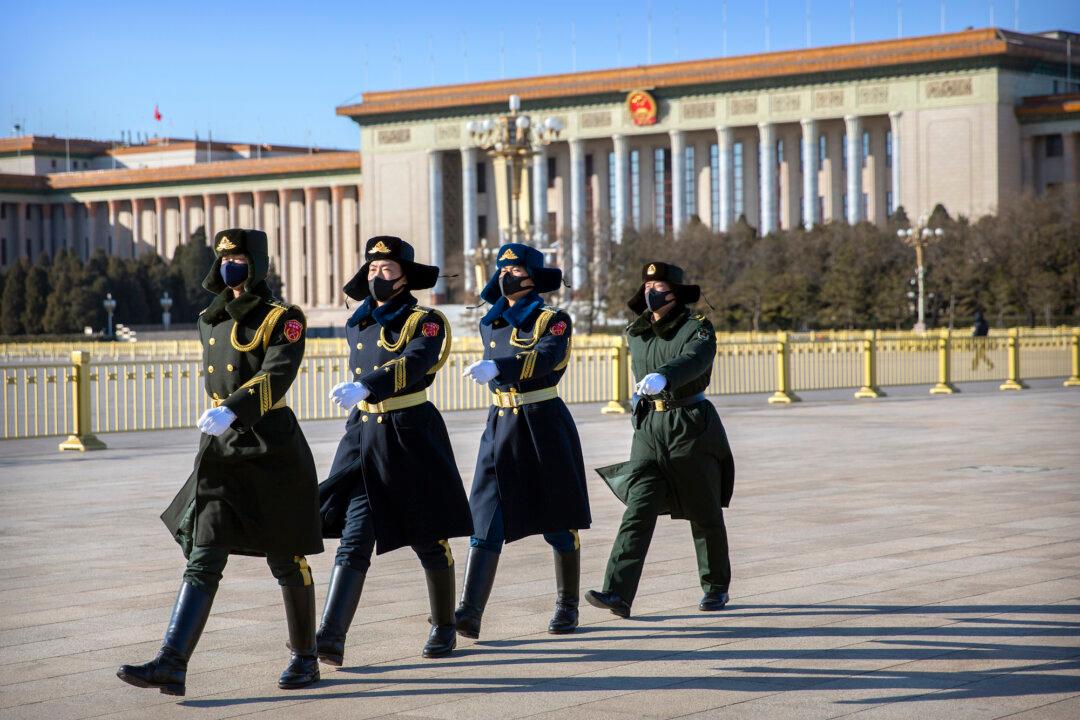Commentary
Powerful people, including ex-presidents, have spoken about shadow governments: the idea that real power resides with private individuals, not with elected officials.

Powerful people, including ex-presidents, have spoken about shadow governments: the idea that real power resides with private individuals, not with elected officials.